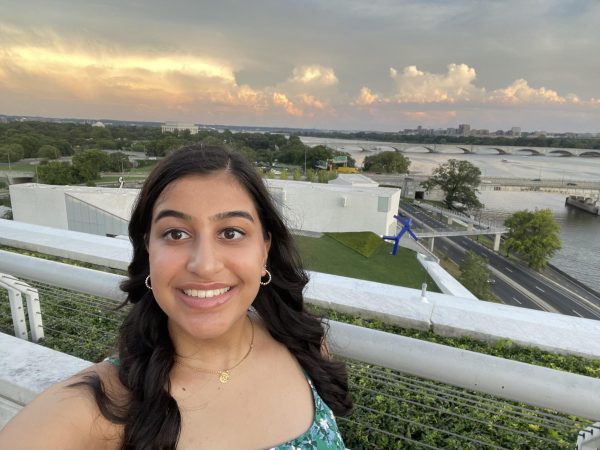In March, Governor DeSantis signed House Bill (HB) 1 into law, which expands the Florida Empowerment Scholarships and Florida Tax Credit Scholarships’s reach to include all students rather than just the students eligible based on income. This “voucher” system in Florida has been around since 1999. Other states such as Arkansas, Indiana, Iowa, Oklahoma, and Utah have implemented or are implementing similar programs in the near future.
Florida’s voucher encourages students to attend private schools by offering about a $7,700 voucher per student per year. The program takes funding away from public schools, which is already low in Florida – the state is ranked 42nd in the country for its funding per student, even though Florida receives the third largest amount of money from the federal government for public schools.
The voucher amount varies per county. In Duval County, K-3rd grade students will receive $8,001, 4th-8th grade students will receive $7,382, and 9th-12th grade students will receive $7,307. There is no cap on the number of students who can receive the vouchers which must be used on tuition first, but also extend to other school necessities. In Duval County about 125 private schools accept the vouchers.
So naturally the question is: Does Bolles accept them? The answer: No.
The voucher system applied at Bolles would lower tuition from
- $16,720 to $8,719 in Kindergarten
- $18,740 to $10,739 in 1st-3rd grade
- $21,680 to $14,298 in 4th-5th grade
- $29,890 to $22,508 in 6th-8th grade
- $30,810 to $23,503 in 9th-12th grade
Ultimately, this would make attending Bolles more affordable for everyone. The voucher allows for more students to receive a quality education while before, they were restricted by tuition.
However, the cons to that are increased state restrictions because the funding for the vouchers comes from the state. Some of these state restrictions include: possible loss of ability to act as an independent school, possible state control over curriculum, required reporting of faculty misconduct, and more.
The decision for Bolles to not participate in the voucher system was made by the Board of Trustees in conjunction with Mr. Hodges.
Hodges acknowledges that the pros of the policy are to “provide accessibility for students in the state so students can have as many educational opportunities as possible,” but remains skeptical due to the potential impact on “Bolles’s ability to be an independent school.”
Since its founding, the school has never accepted federal or state funding, so a decision to accept the voucher system would be revolutionary and requires deeper investigation to ensure that Bolles could continue to operate as an independent school without any type of “strings attached” to state funding.
Another concern about the program is its sustainability long term. Hodges “can’t envision it going on forever” and if the program tapers off, “I would need my families to know that I still have to have them pay the tuition,” he said, because the tuition wouldn’t be discounted if the money went away.
Hodges believes Bolles provides a “premium product” and “while [the vouchers] would discount that premium product to a degree, we want to make sure that in doing so we’re not compromising the product that we’re expected to provide.”
Bolles is one of the only schools in Duval County who decided against implementing the program, while peer private schools in the area like Episopal and Bishop Kenny welcomed the program in its first year of expansion.
However, Hodges feels comfortable with the decision since peer private schools throughout the state of Florida are “doing exactly what we’re doing.” Some of the notable schools include Ransom Everglades School, Berkeley Preparatory School, and Miami Country Day School.
Without the voucher, Bolles tuition is a large expense for families. To combat this issue, Hodges is confident in Bolles’s financial aid. Financial aid at Bolles is 100% need-based and uses standard systems to calculate aid. The school gives out about five million dollars a year in financial aid with hopes to increase that amount in the future.
Hodges said his view on the policy “was not a no-never [to implement the policy], it was at this point, I didn’t feel comfortable doing it.” He believes the Board will revisit the topic throughout the year.
“And if it turns out that we can accept these funds and also maintain our full independence, that’s an ideal situation.”



